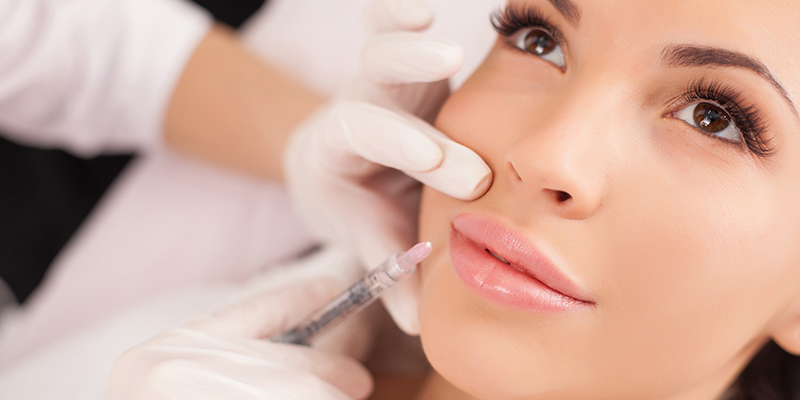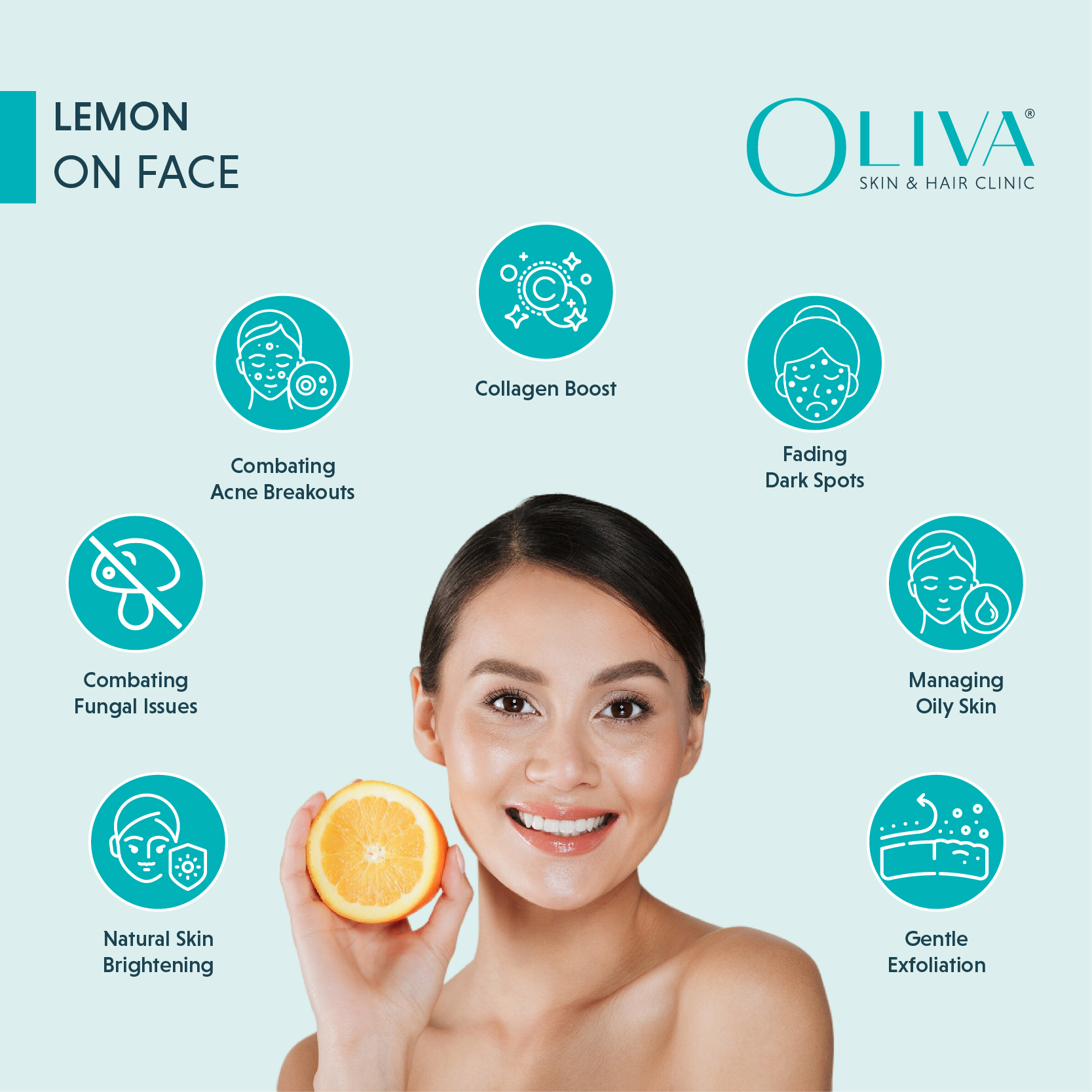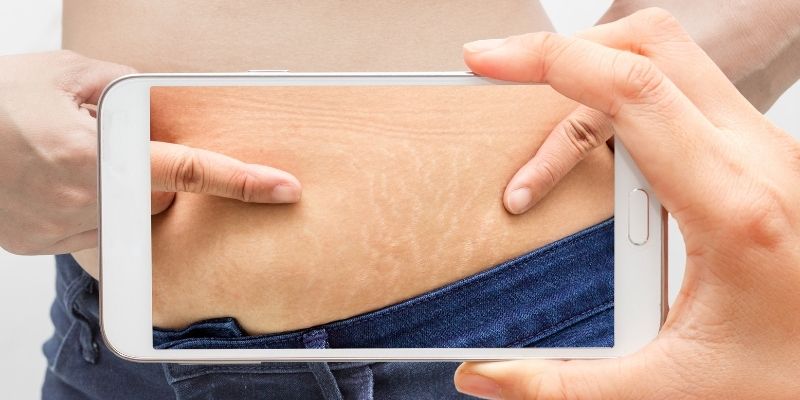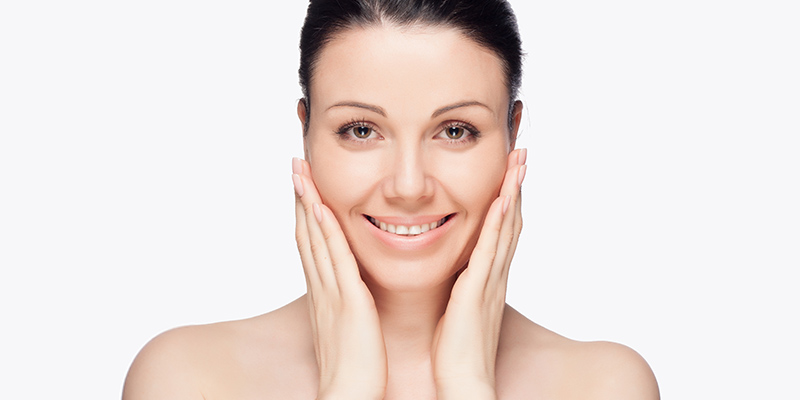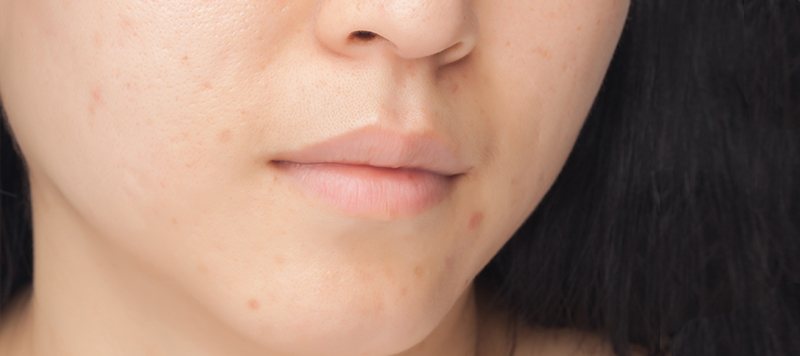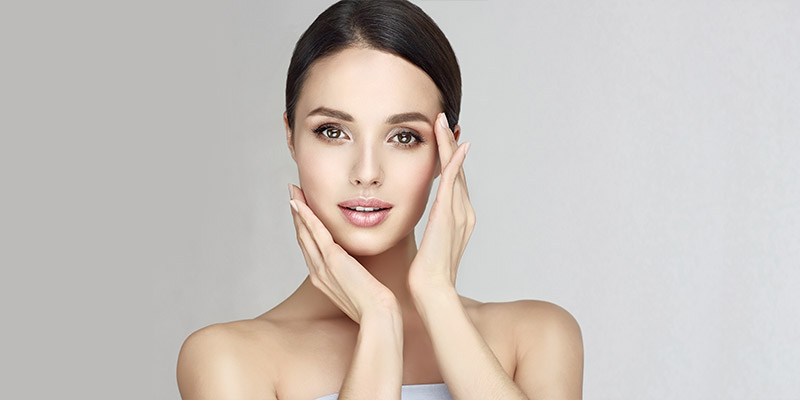Benzoyl Peroxide For Acne: Benefits, Usage, Side Effects
Acne affects all age groups and genders, which does not just leave physical scars but can also cause increased emotional and psychological distress, especially during puberty. [1] Most treatments often fall short with the risk of worsening the skin inflammation, irritation and other damage from acne. But there is no need to worry as there is a longstanding, over-the-counter topical treatment for active acne that also prevents its recurrence. Benozyl peroxide for acne fights the acne-causing bacteria and the inflammation effectively. Learn more about the usage, potency, benefits and the precautions you need while using Benozyl Peroxide for acne.
What Is Benzoyl Peroxide?
Benzoyl Peroxide has been a popular chemical compound that works on acne-causing bacteria without triggering antibiotic resistance [2]. Available in various non-prescription formulations, such as gels, spot treatments, and cleansers, Benozyl Peroxide for acne is generally the first line of treatment for mild to moderate grades. Benzoyl Peroxide products with other antibiotics or retinoids require a prescription.
How Does Benzoyl Peroxide Work for Acne?
When you use Benzoyl Peroxide for acne, it works on the bacteria responsible for acne and unclogs pores by removing excess oil and dead skin from them. This can cause the upper layers of the skin to peel. [3]
The benefits of Benzoyl Peroxide include:
-
Killing Acne-Causing Bacteria:
Due to its powerful oxidising properties, Benzoyl Peroxide works against a broad spectrum of microorganisms, significantly decreasing their numbers by impairing key bacterial cell mechanisms [4].
-
Antibacterial Action:
Benzoyl Peroxide has bactericidal and antiseptic properties, which enable it to eliminate C. acnes, the main acne-causing bacteria. When the skin absorbs Benzoyl Peroxide, it converts to benzoic acid, which releases free radicals of reactive oxygen species that oxidise bacterial proteins [5]. This helps in managing and preventing acne.
-
Exfoliation:
As a mild exfoliating agent, Benzoyl Peroxide reduces blackheads, whiteheads, and inflammatory acne by clearing the pores and improving cell turnover to speed up dead skin removal.
-
Reduction Of Excess Oil (Sebum):
When you use Benzoyl Peroxide for acne can penetrate the hair follicles, stripping off deposited oil and regulating sebum production.
-
Unclogging Pores and Preventing Breakouts:
It helps to flush out dirt, debris and excess oil to cleanse the pores and prevent further build-up.
Benefits of Benzoyl Peroxide for Acne
Benzoyl Peroxide has numerous benefits for the treatment of acne, which include:
-
Quick Results:
Benzoyl Peroxide can act quickly to control acne due to its oxidising nature, which prevents the spread of acnes, the acne-causing bacteria.
-
Easy Availability:
Benzoyl Peroxide is one of the most effective FDA-approved treatments that does not require a doctor’s prescription.
-
Complementary Treatment:
Considered safe for all skin types, you can combine Benzoyl Peroxide with either retinoids or clindamycin for enhanced antimicrobial effect [6].
-
Prevents Bacterial Resistance:
Its antiseptic properties remain stable even with continued use.
-
Soothes Skin:
By reducing the number of bacteria on the skin, Benzoyl Peroxide calms the inflamed lesions and efficaciously reduces localised swelling. Its neutralising effect helps in reducing redness from pimples.
Types Of Benzoyl Peroxide Products
Benzoyl Peroxide comes in different product forms, the most well-known of which include:
- Cleansers
- Gels
- Body washes
- Spot Treatments
Side Effects Of Benzoyl Peroxide For Acne
Though Benzoyl Peroxide is a safe compound, it may not suit certain skin types. The following are possible side effects associated with its usage:
- Dry skin
- Red itchy skin
- Peeling
- Skin irritation that includes a stinging sensation
- More serious effects, such as swelling or blisters
- Rarely, anaphylaxis, severe allergic reaction
It is important to be cautious. In case of any of these reactions, you must seek dermatological advice and immediately discontinue using the product.
Who Should Avoid Benzoyl Peroxide?
While people who are 12 and older can safely use Benzoyl Peroxide for acne, it is best to get a patch test to rule out possible allergic reactions or other unwanted effects.
Avoid using Benzoyl Peroxide if you have any of the following indications:
- Your skin has open wounds, chaffing, or tears.
- You have severe nodular acne with painful and deep lumps under the skin or severe pus-filled cystic acne that can predispose you to scarring if not treated systemically by a skincare specialist.
- You have severe reactions to using products containing Benzoyl Peroxide.
- You experience itching, irritation, aggravated inflammation, redness or burning on its application.
Other Acne Treatments
In cases where non-prescription treatments like Benzoyl Peroxide don’t work for you, you can consult an experienced dermatologist to help you correctly identify the cause and possible treatments for your acne. Following are the alternative acne treatment options:
Oral Medications:
Your doctor may prescribe a short-term of antibiotic for moderate to severe acne, the most common of which are doxycycline, minocycline, or azithromycin. In case of acne arising from medical conditions like polycystic ovary syndrome or excessive androgen production, hormone therapies or spironolactone may be proposed, respectively. For the treatment of deep and painful cysts, one of the common oral medications is Isotretinoin, a vitamin A derivative.
Topical Applications:
Prescription-based topical applications for moderate acne include retinoids (a class of vitamin A derivatives), tretinoin (another form of vitamin A), and other retinoid-like compounds. Adapalene is a widely prescribed FDA-approved retinoid-like compound for the treatment of mild-moderate acne. Apart from them, azelaic acid, salicylic acid, and vitamin C, also help with clearing up of acne as well as related redness, inflammation, and dark spots.
Advanced Therapies:
To help you manage your acne and reduce scarring or hyperpigmentation, experts recommend clinically approved treatments as either stand-alone or combination solutions, best-suited to your specific condition. These include laser treatments, chemical peels, surgical comedone extraction, or steroid injections.
Frequently Asked Questions On Benzoyl Peroxide For Acne
Q1. Is Benzoyl Peroxide Good For Acne?
A1. Benzoyl Peroxide is an FDA-approved treatment for mild to moderate acne that safely removes acne-causing bacteria from the skin and helps regulate sebum production.
Q2. How Long Does Benzoyl Peroxide Take To Clear Acne?
A2. Generally, you will notice the effects of Benzoyl Peroxide in four weeks. But this can vary based on individual skin type and the severity of acne.
Q3. Is Benzoyl Peroxide Good For Fungal Acne?
A3. No, it is not an anti-fungal medication. While Benzoyl Peroxide is a broad-spectrum antimicrobial treatment, it does not help with yeast that causes fungal acne.
Q4. Can Benzoyl Peroxide Remove Acne Marks?
A4. Though the mildly exfoliating nature of Benzoyl Peroxide may cause some skin peeling and help with post-acne hyperpigmentation, it does not reduce acne marks. You will need other specialised treatments to remove acne marks.
Q5. Can I Use Benzoyl Peroxide Daily?
A5. Depending on your skin type and response to Benzoyl Peroxide, you can use it once or twice a day till your skin condition improves. If you have sensitive skin, limit the usage to once per day. If you experience dryness and peeling, further reduce the usage.
Q6. Can I Leave Benzoyl Peroxide On My Face Overnight?
A6. Yes, you can leave it on your skin overnight. It is safe for the face, as sun exposure can increase sensitivity.
Q7. What Is Benzoyl Peroxide Good For?
A7. Benzoyl Peroxide is very effective in the treatment of pus-filled and inflamed acne like papules, pustules, nodules, and cysts. Severe cystic acne may require dermatological intervention.
Q8. When To Stop Using Benzoyl Peroxide?
A8. As a treatment against acne, you might need to use Benzoyl Peroxide for several weeks or a few months to prevent your acne from recurring. It is generally safe to use Benzoyl Peroxide long-term but stop immediately in case of an allergic reaction, swelling, or blistered skin and consult a dermatologist.
Takeaway
Benzoyl Peroxide’s potent antimicrobial and bactericidal properties make it an effective top-of-the-line treatment for inflammatory and non-inflammatory acne. By drying up excess oil and mildly exfoliating the pores, it can help you manage existing acne while reducing the chances of further breakouts. However, it is important to be aware of possible allergic reactions or skin dryness caused due to excessive use.
For personalised skincare advice, get a timely consultation with an experienced dermatologist.





